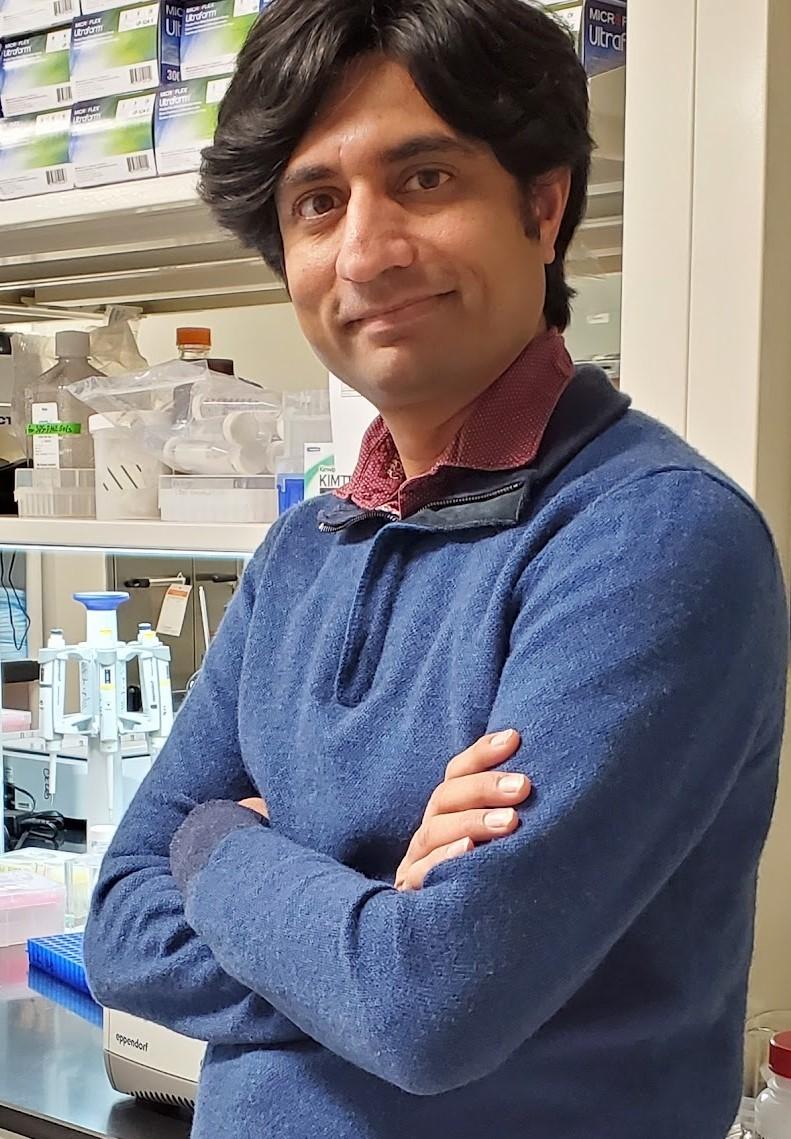
Dr. Chintan Kikani | Kikani Lab
Abstract:
The concept of cell fate, referring to the process by which a cell commits to a specific functional identity, has been central to developmental biology and regenerative medicine. Historically, our understanding of cell fate has been shaped by discoveries in nuclear reprogramming, transdifferentiation, and the creation of induced pluripotent stem cells (iPSCs), all driven by pioneering transcription factors. However, recent research has highlighted metabolism as a new frontier in guiding stem cell fates, revealing the intricate connections between cellular metabolism and gene expression. In our ongoing exploration of the mechanisms controlling cell fate determination, we have further expanded upon the critical role that cellular metabolism plays in balancing stem cell self-renewal and differentiation, adding a new layer to our understanding of this complex process. In our studies, we have elucidated two mitochondria-to-nucleus signaling pathways that control muscle stem cell fate. First, we identified the mitochondrial glutamine-to-PASK signaling pathway, demonstrating that PASK (PAS domain-containing serine/threonine-protein kinase) acts as a metabolic sensor in stem cells, intricately linking glutamine availability to epigenetic regulation and, consequently, to cell fate decisions. Second, we uncovered mitochondrial glutathione (mitoGSH) as a key regulator of myogenic potency in muscle stem cells. We found that mitochondrial glutamine metabolism regulates the transcriptional program of redox regulation, establishing a "redox goldilocks zone" that maintains the delicate redox balance necessary for myogenesis. Additional studies from our lab strongly suggest that metabolism is not merely a supporting process but a central regulator of stem cell fate, intricately controlling the balance between self-renewal and differentiation. As we continue to uncover these metabolic pathways, the potential for manipulating cell fate through targeted metabolic interventions becomes increasingly promising, offering new avenues for regenerative medicine and therapeutic innovation. Looking forward, a deeper understanding of the interplay between metabolism and cell fate could revolutionize our ability to engineer stem cells for specific clinical applications, paving the way for more effective treatments for degenerative diseases and beyond.
